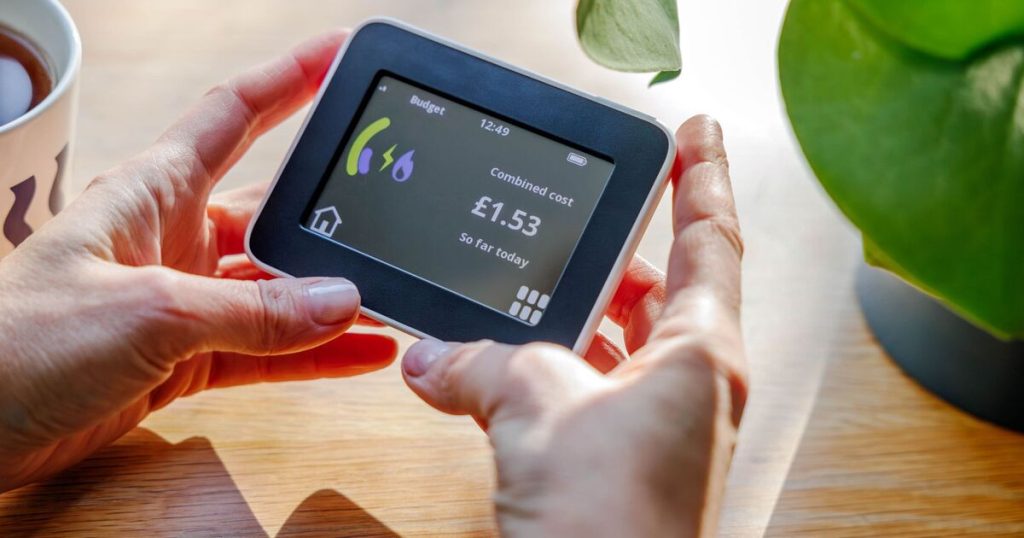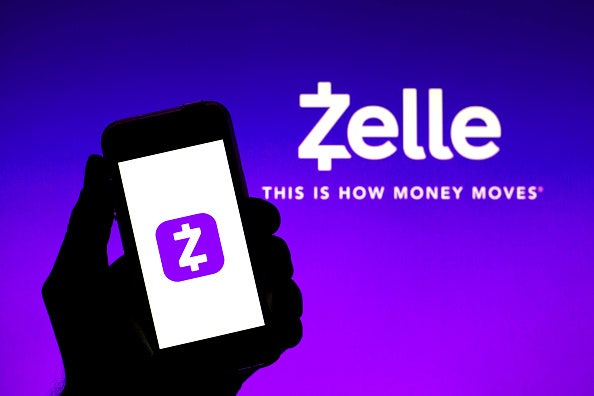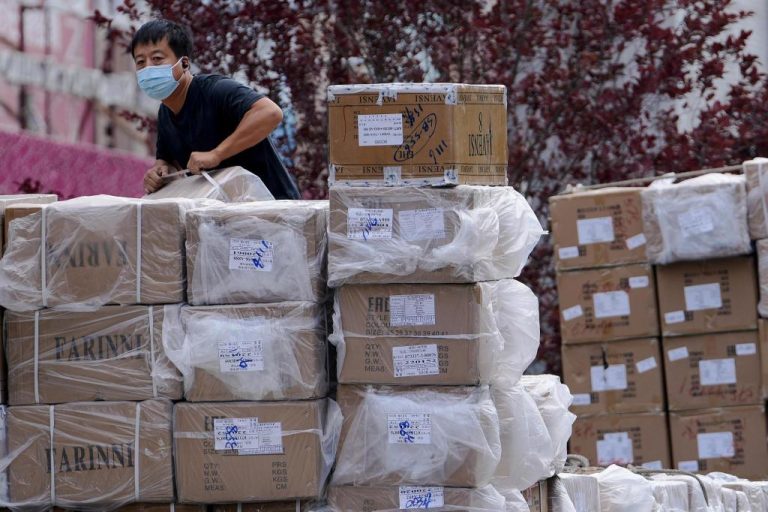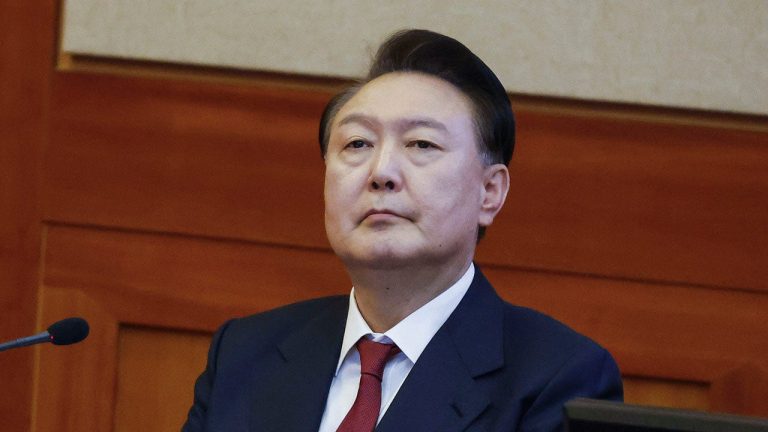
A campaign group which has criticised government net zero policies claims smart meters could be used to “snoop” on household energy use.
Ministers are consulting on plans to allow household energy usage to be shared with third parties who could steer customers towards cheaper deals, as well as lower carbon tariffs from rival suppliers.
A similar scheme already operates in the finance sector – under open banking – and allows consumers to shop around for better deals across credit cards, loans and other services.
The banking system scheme requires the consent of customers to allow details of their finances to be shared. The energy sector smart meter scheme would also require householders to give consent.
However, campaigners claim the proposal amounts to “intrusion”, and argue that bill payers should be “very wary” about agreeing to have their data shared.
The Department for Energy Security and Net Zero on Monday announced it had launched a consultation on its new smart data scheme. It said that, if approved, the move would help businesses to “seize opportunities from the new era of clean electricity”.
Neil Record, a former Bank of England economist who is now chairman of Net Zero Watch, told the Telegraph: “Energy companies get a tremendous amount of data from you, and the public should be very wary of increasingly having their household information provided to external agents.”
He added the proposals “represent an intrusion which once authorised, will provide information about your household, and the public do not realise how extensive that will be”.
The Government asked energy companies on Monday to submit their views about the proposed scheme, which will take inspiration from so-called open banking.
Smart meters are essential to the aim of reaching net zero targets. They allow energy firms to get real time data on energy use and can be used to manage demand.
For example, the meters allow households to be offered rewards to cut energy use at peak times to smooth out demand, which reduces the need to build new gas fired power stations. They also allow energy firms to give households free electricity when there are excess supplies of wind power.
The Government has ambitions to install smart meters in three quarters of households by the end of 2025, costing an estimated £13.5bn. However, an estimated four million broken devices are sitting in homes.
Nick Hunn, founder of the wireless technology consulting firm, WiFore, told the Telegraph: “In many ways, this is what was envisioned at the beginning (of the smart meter rollout) that consumers would have visibility of their energy data so they could make reasoned decisions about their usage and how much they pay.”
A government spokesman said: “The call for evidence seeks to understand if a smart data scheme for the energy sector is needed, and if so, how it could ensure consumer protection and support business innovation – delivering customers products and services they want and need.
“Customer data would only ever be shared with the customer’s consent and any data sharing would be protected by stringent security and privacy measures.”
Energy minister, Michael Shanks, said: “Data and digitalisation will be an essential foundation of our mission to deliver a zero-carbon electricity system by 2030. Reforms will help consumers and businesses to benefit from the new era of clean power.”







